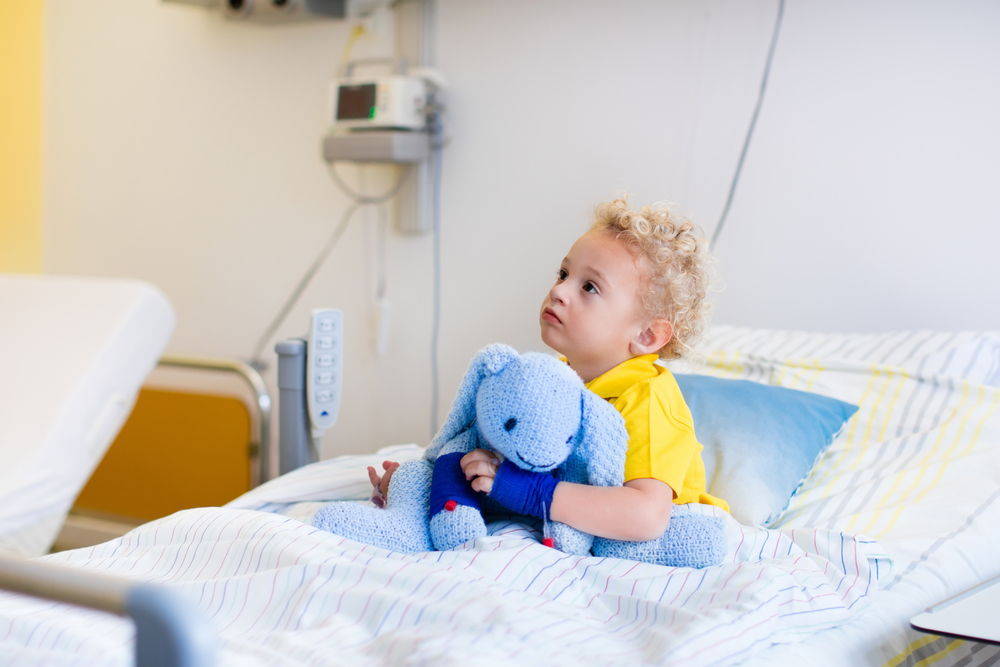Initial Hemophilia B Treatments Should Be Done in Hospitals, Researchers Suggest

The initial treatment of patients newly diagnosed with hemophilia B should definitely be done in a hospital setting, according to a study conducted by scientists in Turkey.
In the study, “Difficulties in the treatment of an Infant with Hemophilia B,” published in the Turkish archives of Pediatrics, Dr. Serdar Özkasap of Recep Tayyip Erdoğan University, School of Medicine, in Rize, Turkey, and colleagues report the case of a patient who was diagnosed with hemophilia B at the age of five months when he developed severe bleeding following a circumcision operation.
The boy was re-admitted to the hospital at the age of 14 months due to a head injury. He was given a medication called Replenine, which is a factor IX concentrate, the protein missing in hemophilia B. However, the child developed a serious allergic reaction and his treatment was switched to Berinine, another factor IX concentrate. This was administered together with antihistamines and steroids against the risk of allergy. Unfortunately he developed a similar allergic reaction just three minutes after the start of the treatment, and the treatment was immediately discontinued.
In some patients with hemophilia B, these types of allergic reactions may develop. They are caused by antibodies that the body produces against factor IX and can be life threatening. These antibodies increase with time and inhibit the action of factor IX in blood clotting, making treatment very difficult.
One option in such cases is the administration of recombinant factor VIIa (an activated form of factor VII), which allows blood clotting without factor IX. However, recombinant factor VIIa is associated with a high risk of thrombosis or the formation of blood clots inside the blood vessels obstructing the blood flow.
Due to the high risk of complications that may arise, as in the case of the patient reported here, the authors suggest that the first 10 to 20 hemophilia B treatments should be conducted in a hospital. The authors also note that families should be trained about the risk of allergic reactions.
“We aimed to emphasize the difficulties in follow-up of patients with severe hemophilia B who develop allergic reaction,” the authors wrote.
They wrote that more research is needed in areas such as antibody elimination and desensitization, where the treatment is given in small doses at first so that the patient does not develop an adverse reaction.






